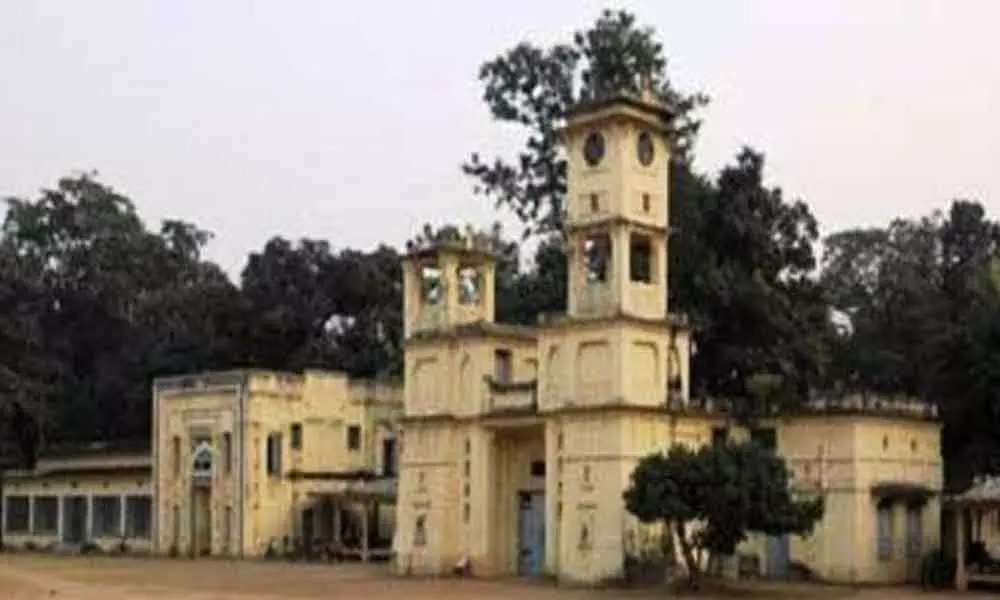CISF deployment on campus: Visva Bharati university may drop plan as cost runs high

Visva Bharati University, which had sought CISF deployment on its campus citing security concerns, is likely to drop the plan as the cost for the paramilitary force deployment is too high for the varsity's budget for security.
NEW DELHI: Visva Bharati University, which had sought CISF deployment on its campus citing security concerns, is likely to drop the plan as the cost for the paramilitary force deployment is too high for the varsity's budget for security.
According to sources, the estimated cost worked out following a security audit of the Shantiniketan campus by the CISF is over four times the budget for security of the university.
The cost worked out after the CISF audit is over 4 times the budget of the university for maintenance of security on campus. So, the university may consider to drop the plan, a source told PTI.
CISF, officials, however, said they have not received any final word on the move yet.
A team had gone for the survey at the campus and informed officials about the requirement of the force including setting up barracks, gadgets and the estimated manpower. We had not given any exact figures for the cost but explained the requirements, a CISF official said, adding, we have not received any communication about further action on the plan.
Calls and text messages to Visva Bharati Vice Chancellor Bidyut Chakraborty, went unanswered.
The Home ministry had in November last year accorded its approval for deployment of the CISF at the university, paving way for Visva Bharati to become the first educational institution or university to have paramilitary personnel stationed on campus.
The Vice Chancellor had written to the CISF alleging that private security personnel employed by the university owe their allegiance to TMC local bosses.
The letter was also marked to the Human Resource Development (HRD) ministry, which had forwarded it to the paramilitary force. The CISF then had detailed its procedure for deploying a contingent, including conducting required checks and surveys.
The vice-chancellor had cited incidents of confrontation between the university administration, students and staff, in his letter to request for CISF deployment on the campus.
"The private security personnel currently employed by the university owe their allegiance to TMC local bosses and, hence, disobey Visva-Bharati's security officer with impunity. There have been instances of students staging protest and preventing faculty members and officials from leaving the campus when security guards remained silent onlookers and even created enabling conditions for protesters," the letter by Chakrabarty had said.
The letter has also stated that the cost of deployment of the CISF personnel will be borne by the university out of the grants it receives from the government.
The move had found opposition among students, who launched a signature campaign to oppose the move of CISF contingent deployment.
Visva Bharati established in 1921 by Gurudev Rabindranath Tagore, was declared a central university in 1951.
The CISF guards vital installations in the country, including the Delhi Metro, 61 civil airports and organisations in the aerospace and nuclear domain.
It was tasked to extend its armed security cover, exclusively from the existing government sector deployment, to private installations after the 2008 Mumbai terror attacks in which Pakistan-based terrorists targeted five-star hotels and other locations killing over 166 people.
Currently, ten installations in the private sector are guarded by the 1.50-lakh personnel strength force that includes Infosys campuses in Bengaluru, Pune and Mysuru and the Reliance refinery in Jamnagar among others.











